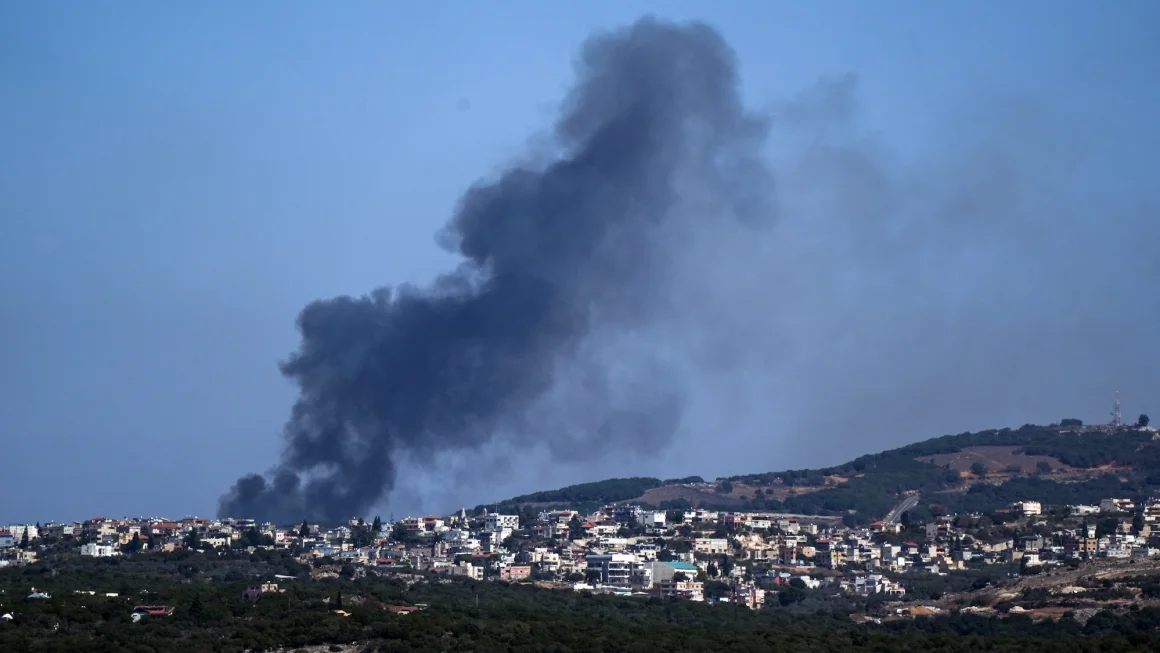Israel’s last war against Hezbollah ended in stalemate. Fierce border clashes suggest a win won’t be easy

Ziv Hospital, located in northern Israel, is on high alert. Non-urgent surgeries have been postponed, staff are being encouraged to donate blood as needed, and all patients, including newborns in the maternity ward, have been relocated to underground facilities.
The reasoning is clear: if Israel sends more troops into southern Lebanon, the conflict could escalate significantly.
“We’ve been in a state of war for the past year, but since the army entered Lebanon, our staff and services are fully prepared for the next wave of casualties,” said hospital director Salman Zarka in an interview with CNN.
Ziv Medical Center, situated in Safed, is the only hospital serving the region and is the nearest medical facility to Israel’s borders with Lebanon, Syria, and the occupied Golan Heights. For months, it has been treating individuals injured in cross-border attacks, including children wounded during the deadly assault on Majdal Shams in July.
“When ground combat occurs, there are typically more injuries and, regrettably, more fatalities among soldiers. While I hope this won’t be the case, we must be prepared,” added Zarka, a reservist in the Israel Defense Forces (IDF) and a former commander of the IDF’s Medical Services Center.
Although IDF commanders described their recent ground operations against Hezbollah in southern Lebanon as “limited” in scope and duration, the situation on the ground suggests preparations for a potentially larger conflict.
